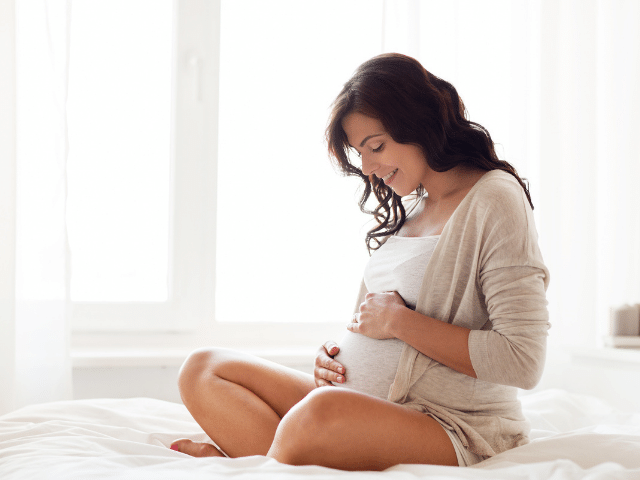Pregnancy offers a lot of benefits and a lot of negatives. Being upfront and aware of the side effects of both prenatal and postpartum can help you know what to expect, plan accordingly, and of course, reduce your stress. Things like morning sickness, for example, are well documented and popularly known amongst men and women of all ages. Other symptoms, like hair loss and internal hemorrhoids, all the way to symphysis pubis dysfunction, which is one of the ways that your ligaments can stretch and separate during pregnancy, aren’t nearly as well documented.
Understanding these side effects means knowing what to expect and how to manage them, so for all you expecting mothers, and those planning on having a baby soon, prepare. The last thing you need is to be caught off guard and have to deal with stress on top of it all.
Hair Loss
Pregnancy and childbirth are very stressful on the body, and many women lose hair due to the stress and shock of it. For most, this hair will start to regrow without a problem after you deliver your baby, but for others – especially if you are older – the hair loss can feel permanent. The good news is that you can go to places like Harley Street Hair Clinic for an FUE hair transplant, which is the recommended treatment option for women with female pattern baldness.
FUE stands for Follicular Unit Extraction. Essentially, it takes healthy hair follicles from the sides or back of your head where hair grows thicker and transplants them to the areas where you are balding. It is a minimally invasive procedure, and most patients don’t feel anything thanks to the anesthetic.
Pelvic Pain
Many pregnant women experience sharp, shooting pain in their pelvic area, and this is normal. You can manage the pain by staying active and also by wearing supportive gear. It is often caused by your baby changing position as it is getting ready to be born.
Hemorrhoids
Hemorrhoids are actually a fairly common symptom of pregnancy. They are swollen veins in the anus and rectum and can be painful, can itch, sting, swell, and even bleed. If they are external, then there are creams and other topical treatments like hemorrhoid cream or hydrocortisone that will reduce the inflammation. Cold compresses and even sitz baths can also help. If you experience them, they typically occur during the third trimester.
Incontinence and Discharge
You have a fetus sitting right on your bladder, so don’t feel bad if you experience issues with discharge or incontinence when you are pregnant. Between hormone changes, the fact that the cervix and vaginal wall get softer, and of course the fetus on your bladder, you’ll want to stock up on either pantyliners, period underwear, or other solutions to help keep you dry and comfortable throughout the day.
Heightened Senses
Your sense of smell is the most common sense to be heightened during pregnancy. This is due to fluctuating hcG levels, especially in the first trimester. This can make you hyper-sensitive to smells and can lead to nausea. Reducing the smells that cause you distress can help.
Various Issues Due to Baby Positioning
Your fetus may sit on your bladder, may push against your stomach, or a whole host of other things. When your bladder is being pressed against, you’ll need to urinate more often, and may experience incontinence, vomiting, and more in your third trimester; and unfortunately, as it is due to the baby’s positioning, you need to wait it out.
Postpartum Recovery
It can and does take weeks to recover after delivering a baby. You have to heal, you need to increase your intake of fresh fruits, vegetables, and fiber, and you need to be patient. You can experience rashes, constipation, and several other symptoms. Knowing what to expect and getting everything that you need can help keep you feeling comfortable while you recover. It will also give you more space of mind to bond with your newborn.
Remember: Keep Calm
The best thing that you can do in these situations is to keep calm. This doesn’t mean letting issues like pain or other severe symptoms go by without seeking out a doctor, but rather to keep calm so that you don’t add stress to the situation. Going to the doctor regularly when you are pregnant is the best thing that you can do for your health and for your baby. Extreme pain is always going to be a warning sign, even if it isn’t anything to worry about. By going to the doctor, you can get checked out and walk away with either a solution or peace of mind.













